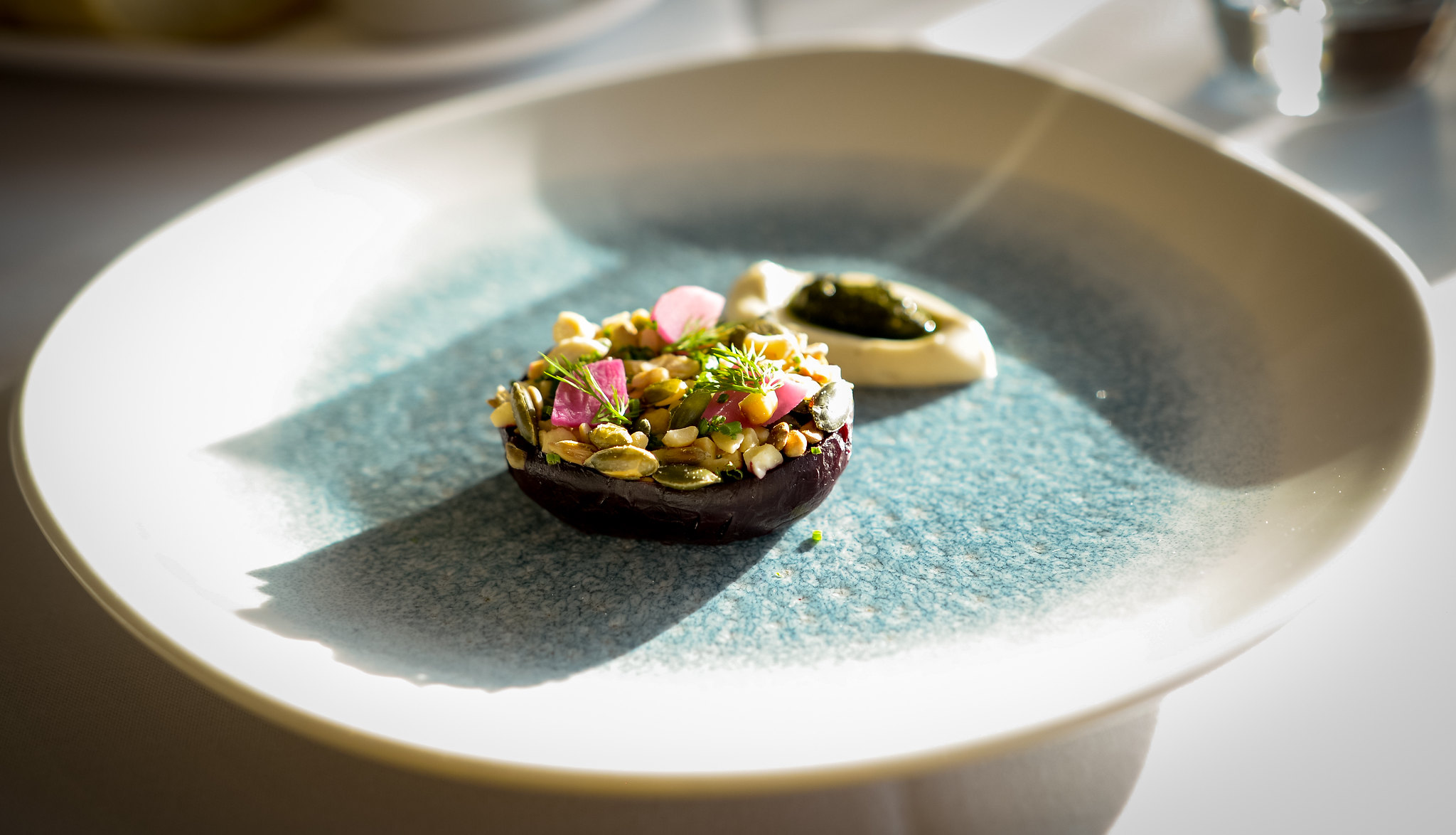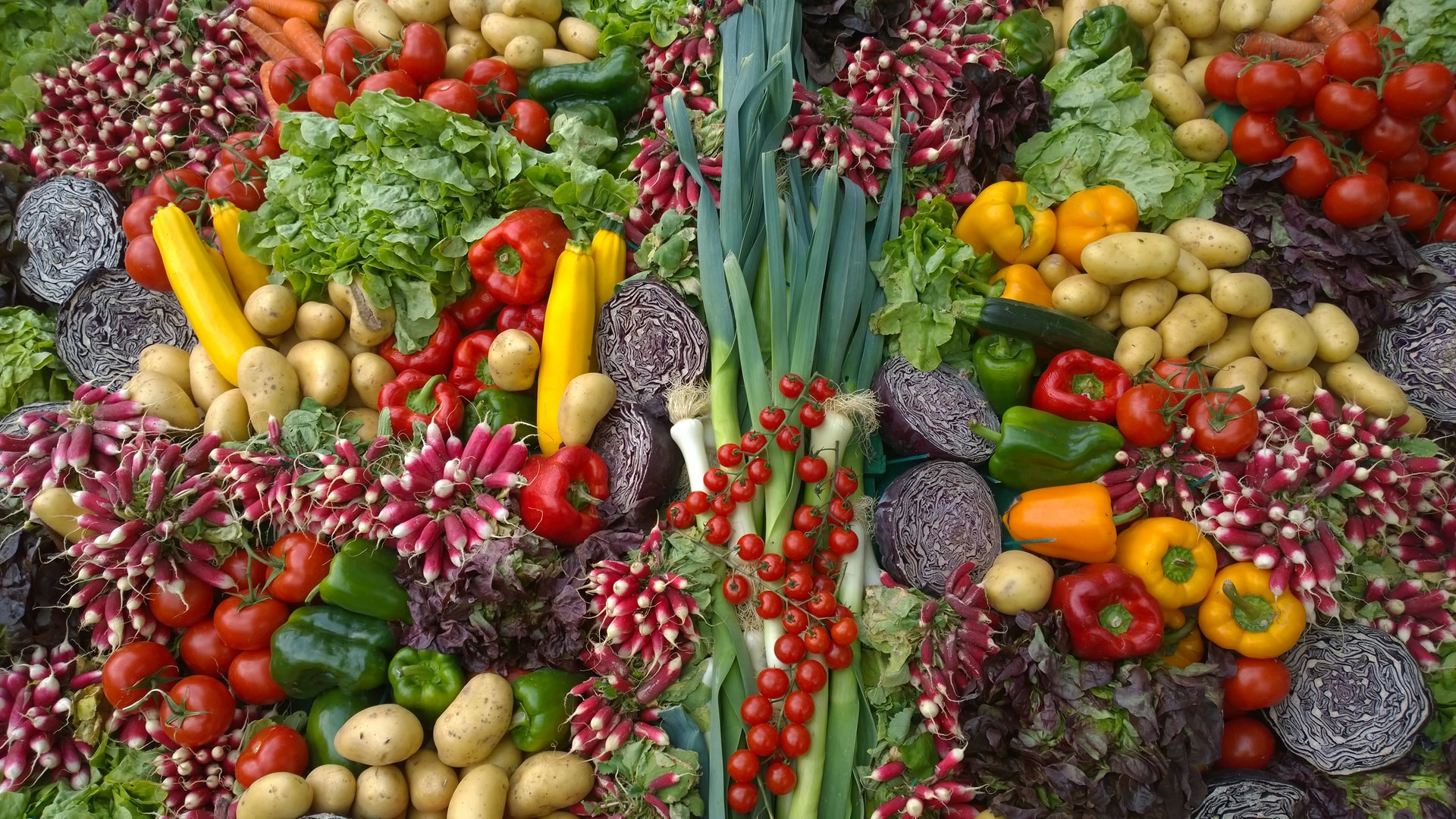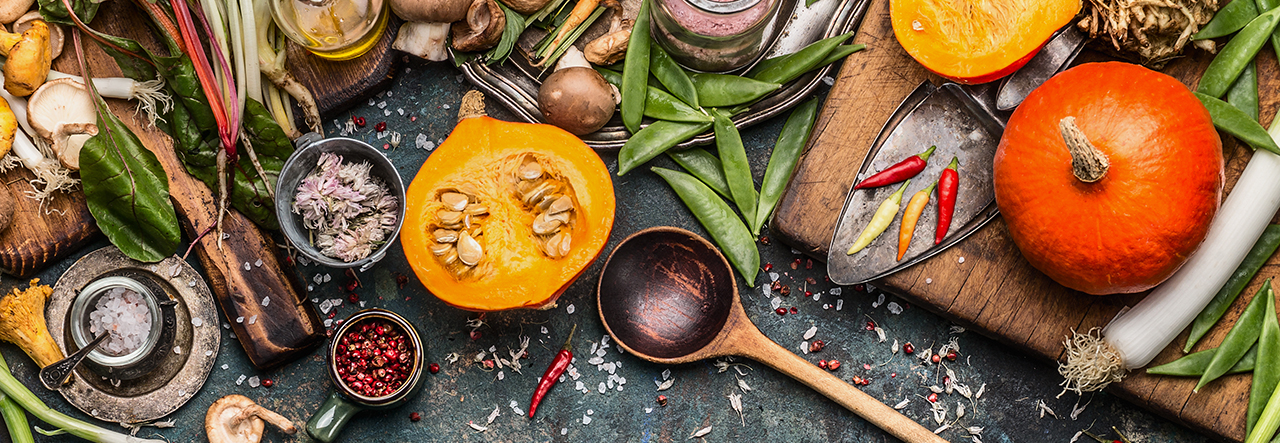Veganuary is upon us once again, with record numbers of more than 440,000 in the UK pledging to eat vegan in January. But how can you ensure you have a healthy Veganuary? Wan Mak, Sodexo’s head of nutrition and dietetics, explains.
People may choose a vegan diet for various reasons, such as to improve their own health, environmental concerns, animal welfare, or perhaps to try something new that they’ve heard is gaining popularity.
With consumers having an increased focus on plant-based eating and the use of advanced technology and innovation, the good news is that vegan foods are now much more readily available, affordable and tasty. In fact over 500 new vegan options were added into high street chain restaurants last year.
But how do you balance adopting a plant-based or vegan diet with getting all the right nutrients you need?
A more plant-based diet can have its health benefits and, if carefully planned, can be nutritionally balanced. Plant-based foods consisting of beans, pulses, seeds, nuts and fruit contain essential fats, a variety of different vitamins and minerals and plenty of fibre. They can also be much lower in saturated fat than a meat-based diet.A diet lower in fat and saturated fat can be beneficial in reducing the risks of diabetes, heart disease and some cancers.

And anyone cutting out, or down on, animal products needn’t worry where they’ll get their protein, as lentils, beans, peas, nuts, seeds, soya mince and tofu are a healthy alternative to meat, eggs and dairy.
There is an increasing number of companies making meat substitutes too, and these can be a good sources of protein. However, they can also be high in salt and fat so make sure you check the labels and consider its cooking method.
While vegan foods are in abundance, there are still some nutrients we need to give special attention to ensure the overall diet isn’t too restricted and balanced. One such nutrient is calcium, which is often derived from dairy foods. Fortunately, dried fruits, green leafy veg, beans and tofu are good sources of calcium, and if you are having dairy alternatives such as almond or soy milk, look for fortified versions.
Inadequate amounts of iron can lead to fatigue and anaemia. While red meats are a good source of iron, it can also be found in green leafy veg, nuts, seeds and pulses. A diet rich in Vitamin C, by eating lots of fruit and vegetables, will help with iron absorption. Choose a rainbow of colours – there are plenty of varieties out there!.

People should also consider fortified cereals and yeast extracts for Vitamin B12, as these help to keep the nervous system healthy but are mainly found in animal products.
In addition to the above nutritional consideration, those adopting a vegan diet should also look out for foods fortified with Vitamin D, such as dairy alternatives and breakfast cereals and consider the government’s recommendation for everyone to take a Vitamin D supplement, especially during the winter months when there is a lack of sunshine. This is even more important at the moment, with many of us spending more time indoors due to the pandemic.
For those who are not looking to adopt a fully vegan diet, there are benefits in making small changes to your meals. As a nation, we consume far more meat than we actually need and inadequate amounts of fruit and vegetables for a healthy, balanced diet. You could try having just one plant-based meal a week, or even simply cutting down on the amount of meat you eat.
Whatever degree of change you make towards a more plant-based or vegan diet, the key is an unrestricted and carefully planned diet to achieve the maximum health benefits.
If you’re articpating in Veganuary 2021 at home and need some meal inspiration, check out these recipes from Sodexo’s chefs.
